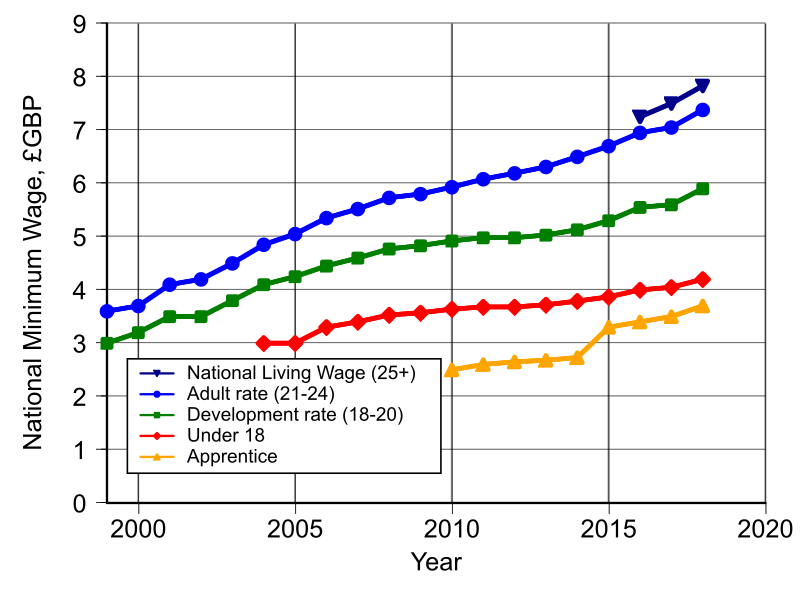Parents of Children with Rare DHDDS Gene Disorder Raise £70,000 for Treatment

In a remarkable display of resilience and community support, Mel and Charlie Dixon, parents of two children diagnosed with a rare genetic disorder caused by a mutation in the DHDDS gene, have successfully raised £70,000 through a charity event held on June 8, 2023. Their children, Tom, 15, and Rosie, 10, are among only a few confirmed cases worldwide, with their condition leading to severe neurodevelopmental challenges. The couple, who live in East Sheen, south-west London, were devastated to learn of their children's diagnosis in 2020. They were informed that only 59 cases had been documented globally at that time, a figure that has since risen to 80.
The DHDDS (Dihydrodipicolinate synthase) gene mutation is linked to a neurodegenerative condition characterized by symptoms including seizures, tremors, and significant developmental delays. According to Dr. Emily Thompson, a geneticist at St George's Hospital in London, the disorder presents unique challenges due to its rarity and the absence of established treatments. "This condition not only affects the physical health of children but also impacts their cognitive development and overall quality of life," Dr. Thompson stated in her analysis published in the Journal of Genetic Disorders.
The charity event, termed the "warrior walk," saw participation from 130 individuals who traversed the Thames Path to raise funds for research into potential therapies. Mel Dixon commented on the emotional significance of the event, saying, "It was amazing to see everyone come together for a cause that means so much to our family and many others."
In their ongoing efforts to combat this disorder, the Dixons have engaged in multiple fundraising initiatives, including organizing a 50km walk in July 2023 and planning a 950-mile tandem bike ride for August 2024. Their charity, Cure DHDDS, is ambitiously working towards a £1.5 million fundraising target to support research focused on drug repurposing and gene therapy development.
The couple's journey underscores the critical need for funding in rare disease research, as highlighted by Dr. Sarah Johnson, a professor of genetics at Harvard University. "Raising awareness and funds for rare genetic disorders is essential for driving the scientific research necessary to develop effective treatments," she stated in a 2023 article in the Journal of Rare Diseases.
Despite the challenges, the Dixons remain hopeful. Mel Dixon expressed her determination to not only seek treatments for her children but also to inspire others facing similar struggles: "Every advancement that has happened in science is because someone has refused to accept the limitations that are currently in place. We must keep fighting for our children’s futures."
The DHDDS mutation's impact is profound, with children facing delays in developmental milestones, including walking and speaking. Tom and Rosie were diagnosed with mild learning difficulties and dyspraxia during their early years. Whole genome sequencing tests, which aid in identifying genetic anomalies, confirmed their specific DHDDS mutations.
As the Dixons navigate this challenging path, they are not only raising funds but also fostering a community of support around rare genetic conditions. Their story serves as a poignant reminder of the power of collective action in the face of seemingly insurmountable odds. The ongoing fundraising efforts reflect a broader movement towards enhancing research and treatment options for rare diseases globally, aiming to provide hope to families in similar situations.
As they pursue their ambitious goals, Mel Dixon emphasizes the importance of hope in their journey: "Not having hope feels like giving up on our children. We must believe in the possibilities of a better future for them."
The Dixons' fundraising initiatives and community engagement highlight the vital role of local initiatives in supporting rare disease research. With continued support, they aspire to bring forth advancements that could one day change the lives of those affected by the DHDDS gene mutation, nurturing a future filled with possibilities.
Advertisement
Tags
Advertisement





